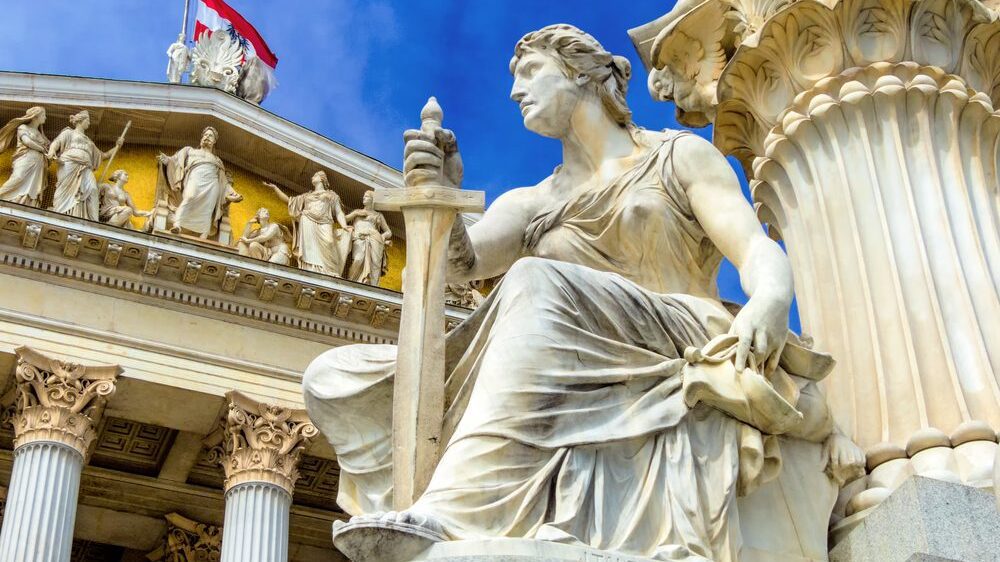
On the heels of a recently published opinion poll that indicated 3/4ths of the Austrian population is dissatisfied with the ÖVP-Green federal coalition, a new survey revealed that the proportion of citizens disaffected with the political system has risen substantially over the past several years.
In this year’s European Values Study, conducted by the University of Vienna, over 2,000 citizens who participated in the survey were asked: “How satisfied are you with the way the political system in Austria is currently working?”
Results showed that a dismal 38% of respondents reported feeling satisfied with Austria’s political system in 2022, down from 67% who gave the same answer in 2018.
The university study also shined a bright light on the prevailing attitudes Austrians have toward the condition of the country’s democratic system. Surveys over the past several years have indicated the increasingly pessimistic attitude Austrians have over the way in which they are being governed.
For example, in 2018, when asked “How democratic is Austria’s government nowadays? 84% of respondents answered, “very democratic.” Three years later, the proportion of people with the same opinion fell sharply, sinking nearly 20 percentage points to 65%. The trend continued in 2022. At 61%, even fewer respondents said they thought Austria’s government was “very democratic.”
While levels of dissatisfaction with the current political system in Austria are unquestionably on the rise, support for the concept of democracy remains sky-high. In 2018 and 2021, when asked “How important is it for you to live in a country that is governed democratically? 95% of respondents answered “important” or “very important.” 91% of respondents, in the latest survey, answered the same way.
In light of the unprecedently high levels of dissatisfaction with the establishment—a phenomenon that’s evident across Europe, including in countries like Germany, the Netherlands, Slovakia, and others—it isn’t particularly surprising that of all the politicians in Austria, FPÖ chief Herbert Kickl, the anti-establishment candidate, is viewed positively among the largest proportion of Austrians.
Similarly, when Austrians were asked which leader they trust most to affect positive change, Kickl came in first place with 25%. ÖVP leader Karl Nehammer, who presently serves as the chancellor, came in second place with 20%.
🇦🇹 | El partido de Nueva Derecha FPÖ ya lidera las encuestas para las elecciones legislativas de Austria con un 32% de intención de voto frente al centro derecha y centro izquierda que tendrían un 23% y 22% respectivamente. pic.twitter.com/a63T7hpaNe
— ʜᴇʀQʟᴇs (@herqles_es) July 9, 2023
The latest polling data shows that the FPÖ is by far the most popular party with 32%. In second place is the establishment ÖVP with 23%, followed by the left-liberal social democrats with 22%. Although together, the FPÖ and the ÖVP have more than enough support to form a right-wing coalition following next year’s parliamentary election, ÖVP boss Nehammer early this month claimed that a coalition between the two parties is off of the table so long as Kickl leads it.
